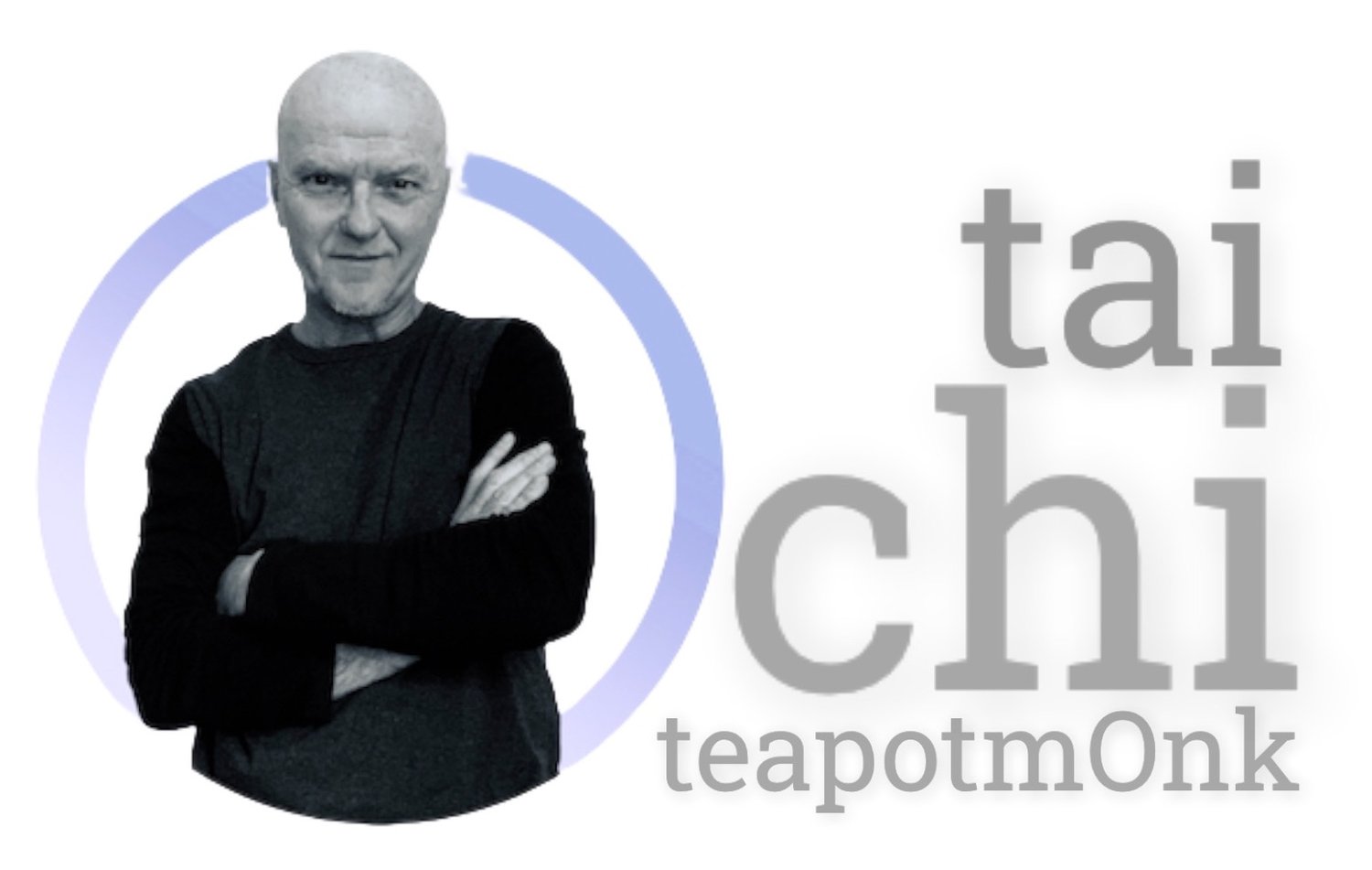Temporary Articles Link
As the old teapotmonk site moves over to a new one, a number of old pages will be temporarily redirected here until they are re-written. Find here a list of those and suggested other posts you may find containing related material underneath
FREE TAI CHI PDS TO DOWNLOAD - Beginners Guide, Sword, Tai Chi Short Form etc….
https://www.teapotmonk.com/taichi-books-by-paul-read
WHO IS THE TEAPOTMONK?
https://www.21stcenturytaichi.com/about-the-teapotmonk
FORM
https://www.teapotmonk.com/articles/-what-to-do-if-the-tai-chi-form-gets-a-bit-boring
Link not available yet
LANGUAGE AND TAI CHI
https://www.teapotmonk.com/articles/what-was-your-name-again
https://www.teapotmonk.com/tai-chi-articles/change-your-language-in-taichi
https://www.teapotmonk.com/articles/what-is-listening-energy
Link not available yet
https://www.teapotmonk.com/articles/taoist-confusion-and-lao-tzus-buttocks
Link not available yet
TAI CHI ARTICLES
https://www.teapotmonk.com/best-tai-chi-articles.html
https://www.teapotmonk.com/tai-chi-articles
https://www.teapotmonk.com/uploads/1/1/3/9/11390599/ponty_interview.pdf
Link not available yet
https://www.teapotmonk.com/articles/how-to-find-stillness-in-a-restless-world
Link not available yet
https://www.teapotmonk.com/articles/teaching-tai-chi-with-rhythm-and-not-language
Link not available yet
https://www.teapotmonk.com/articles/how-to-keep-motivated-in-your-tai-chi-practice
Link not available yet

